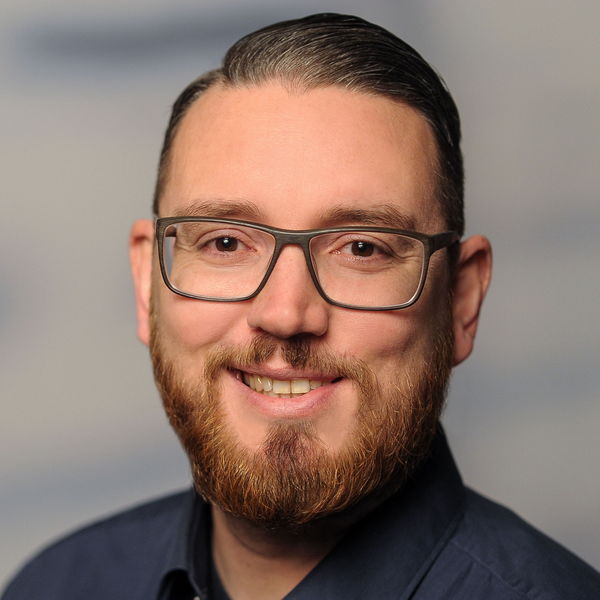Transformation of the Human-Technology Relation by Artificial Intelligence
ISF München
Background
KIMeGe identifies central questions around the change of the human-technology relation by AI technology and its social consequences.The result is the "AI Atlas" as a reflection tool in the development, implementation and especially the social embedding of AI. The AI Atlas is aimed at users and decision-makers in AI development, AI implementation, and especially in politics and society, as well as at the scientific community and the interested public.
It identifies and clarifies design needs (reflection questions) and offers design options (solution approaches and examples) for different application levels: Technology and Subject, Organization, Society. It generates well-founded knowledge about real and realistic developments within the field of AI and allows a differentiated view of possible consequences. This strengthens the ability of society to reflect and contributes to the socially sustainable design of AI.
Research question
On the one hand, the questions of the project start directly on the societal level and are dealt with by 10 external expertises with the focus on: Societal human-AI relations, Institutional embedding of AI; AI as a sociological challenge, Societal consequences of the use of AI, AI-driven change in society.
On the other hand, two case studies on embodied collaborative AI (robot-assisted surgery) and non-embodied collaborative AI (assistance system for skilled knowledge work) are dedicated to questions on the level of practical interaction with AI: on the complementarity of humans and AI, on the appropriation of and attributions to AI, on the design of AI, on consequential effects as well as on system dynamics.
Approach
The project forms an interdisciplinary and multi-method research consortium over two years. This is composed of: The work of 10 renowned interdisciplinary experts, two qualitative case studies on embodied collaborative AI (robot-assisted surgery) and non-embodied collaborative AI (assistance system for qualified knowledge work) as well as parallel qualitative expert interviews and a quantitative survey. All project participants can participate in the two surveys.



